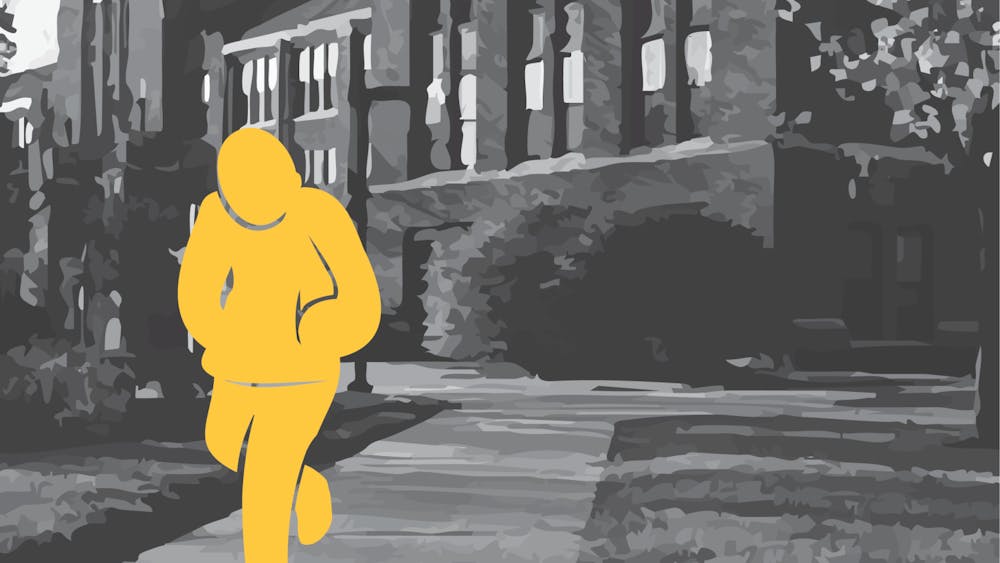COLUMN: Media has failed in covering NSA scandal
Edward Snowden, the former National Security Agency contractor who leaked classified documents detailing the federal government's massive phone and Internet monitoring programs, has been impossible to avoid in the news as of late.
Ever since he revealed himself as the one who released the documents, Snowden has become perhaps the most high-profile player in the national news media. Unfortunately, it's been for all the wrong reasons.
Say what you will about him or about leaking classified documents to the press, but this moment should have been the time to discuss the future of massive government oversight of communication and the balance we should strike between security and liberty.
Instead, it's seemingly devolved to a back-and-forth shouting match between civil libertarians and surveillance state-proponents about whether or not to classify Snowden as a traitor and about who can come up with the better insults. Check out these doozies from some of the nation's most prominent journalists:
- "He is, rather, a grandiose narcissist who deserves to be in prison." - New Yorker contributor and CNN analyst Jeffrey Toobin.
- "I think he’ll go down as a cross-dressing Little Red Riding Hood." - The Washington Post's Richard Cohen.
- "(Snowden) is just a narcissistic young man who has decided he is smarter than the rest of us." - CBS' "Face the Nation" host Bob Schieffer.
How Snowden dresses or acts is irrelevant. What his intentions were in releasing the documents should not matter. His attitude about the rest of the nation is a moot point.
What we need to be discussing right now is the future of the national security state. It's vitally important to the future of our democracy to have these debates.
In the post-9/11 world, as we have fought terrorism abroad and as the Internet has continued to grow, America's national security apparatus has expanded exponentially. It can now monitor the phone records of virtually every American and is keeping an eye on just about every interaction made on the Internet.
As we wind down the war in Afghanistan, the threat of terrorism and, increasingly, cyberterrorism still loom over the nation. That's why it is crucial that we, right now, have a discussion about the benefits and drawbacks of these programs. What kind of balance should we strike between privacy and security?
That is not an easy question to answer. But how we decide to answer it will determine what kind of nation we will be living in, say, ten years from now.
That's hard to do, though, when the people who are supposed to spark the debate (journalists) are in large part shirking their responsibilities on the national stage.



